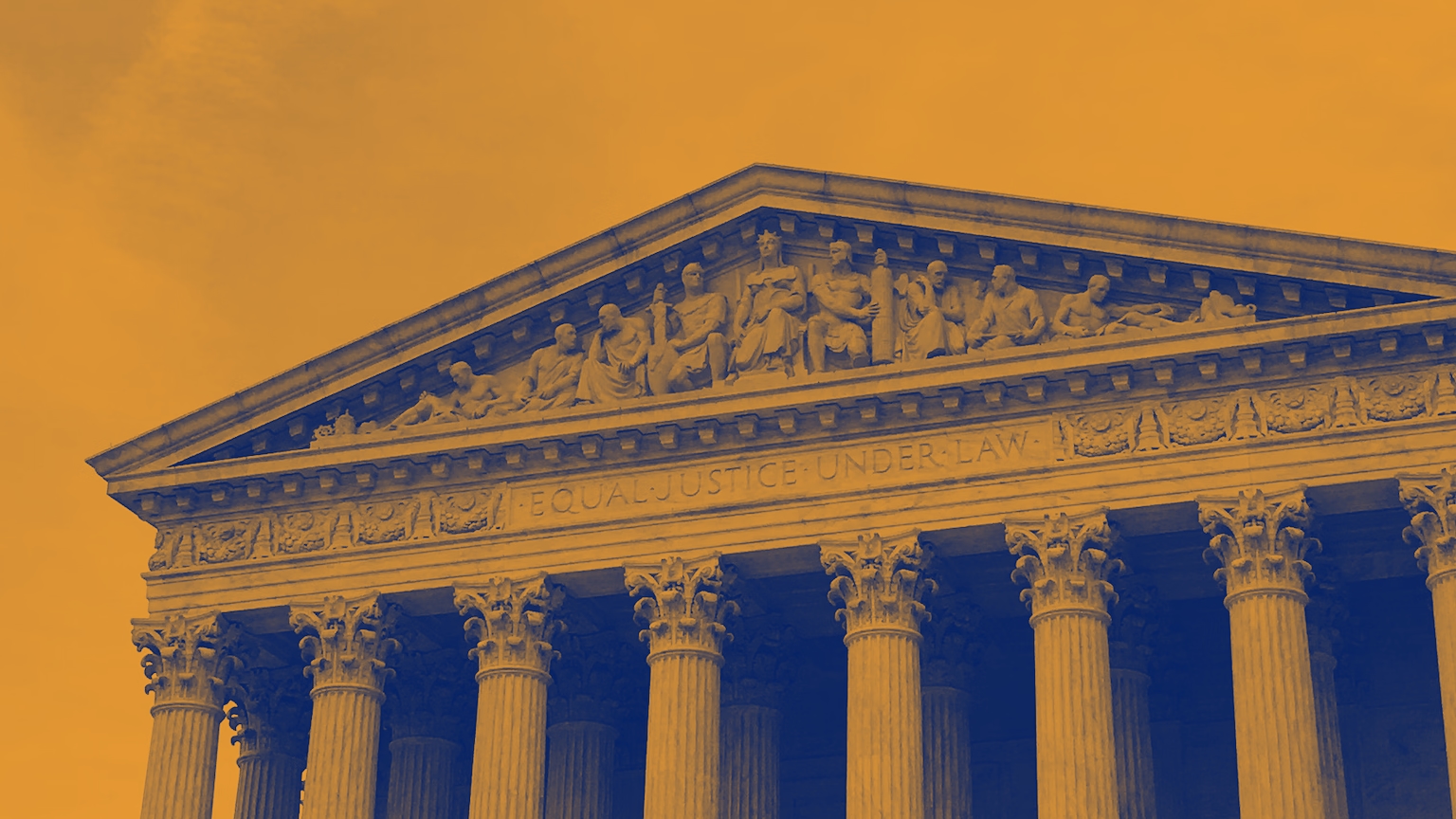During oral arguments for Twitter, Inc. v. Taamneh, a case that could have implications for the scope of online platform liability under Section 230 of the Communications Decency Act (CDA), Supreme Court justices briefly mentioned Section 230 and the First Amendment but mostly focused on whether Twitter should be held liable under Section 2333 of the Anti-Terrorism Act (ATA).
Section 230 currently gives large tech platforms immunity from civil liability if they act in “good faith” to moderate content while the First Amendment prevents the government from infringing on the free speech rights of platforms.
The Supreme Court took up this case after Twitter asked the court to review the case if it heard arguments for Gonzalez v. Google LLC. The Supreme Court agreed to review both cases and heard oral arguments for Gonzalez v. Google LLC yesterday.
The respondents in Twitter, Inc. v. Taamneh previously sued Twitter, Google, and Facebook after a relative was killed in a January 2017 terrorist attack in an Istanbul nightclub. This prior lawsuit sought to hold these companies liable for “aiding and abetting” under Section 2333 of the ATA and alleged that Twitter had been “insufficiently swift” in shutting down the accounts of some ISIS supporters who weren’t involved in the attacks.
The Ninth Circuit allowed the case to proceed but Twitter argued that the Ninth Circuit’s interpretation and application of the ATA’s aiding and abetting provision was “misguided” and “warrants review.”
While this case mostly focuses on the scope of the ATA, Twitter took issue with the way the Ninth Circuit held that claims against Google were generally barred under Section 230 in Gonzalez v. Google LLC but declined to consider Section 230 in Twitter, Inc. v. Taamneh.
During today’s oral arguments, the brief mention of Section 230 of the CDA came from Justice Ketanji Brown Jackson who asked Eric Schnapper, an attorney representing the respondents, how Twitter would survive Section 230 based on the respondents’ claims.
Schaffer conceded that Twitter’s failure to take down content shouldn’t be considered as aiding and abetting under the ATA because Section 230 would give Twitter immunity. However, he argued that Twitter’s alleged recommendation of terrorist content should constitute aiding and abetting under the ATA.
Justice Brett Kavanaugh also presented a First Amendment argument by pointing to CNN’s 1997 interview with Osama Bin Laden, the founder of the terrorist group al-Quaeda, where he, for the first time, declared war against the United States to a western audience.
“That interview became famous, a tool for recruiting, notoriety,” Kavanaugh said. “Could, under your theory, CNN have been sued for aiding and abetting September 11 attacks?”
Schnapper conceded that the First Amendment would shield CNN.
The other parts of the oral arguments focused on the specifics of whether Twitter should be held liable under the ATA.
Justice Elena Kagan said Twitter was “helping by providing your service to those people with the explicit knowledge that those people are using it to advance terrorism.”
Justice Amy Coney Barrett said, “If you know ISIS is using [Twitter], you know ISIS is going to be doing bad things.”
Schnapper also referenced a 2014 Mother Jones article about why “Twitter is not at war with ISIS”. A Twitter official is quoted in the article as saying: “One man’s terrorist is another man’s freedom fighter.”
The Supreme Court’s decision on Twitter, Inc. v. Taamneh is expected in June.






















